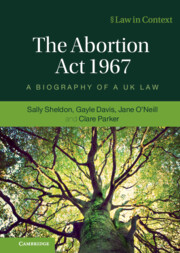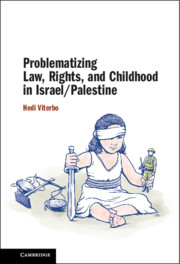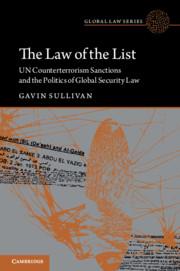Since the upheaval of the Cultural Revolution decade (1966–1976), post-Mao China has witnessed a sustained period of unprecedented legal reform. Criminal prosecutions and citizen lawsuits against the government, because they pit individual litigants against the authoritarian Chinese state, are two politically significant areas of law. We examine and critically assess the sociolegal scholarship on criminal and administrative legal reform as it has developed over the past few decades, with special attention to shifts in the conventional wisdom regarding legal reform and political liberalism in China and elsewhere. Additionally, we offer both theoretical and empirical suggestions for enhancing the explanatory power of sociolegal research in China.


